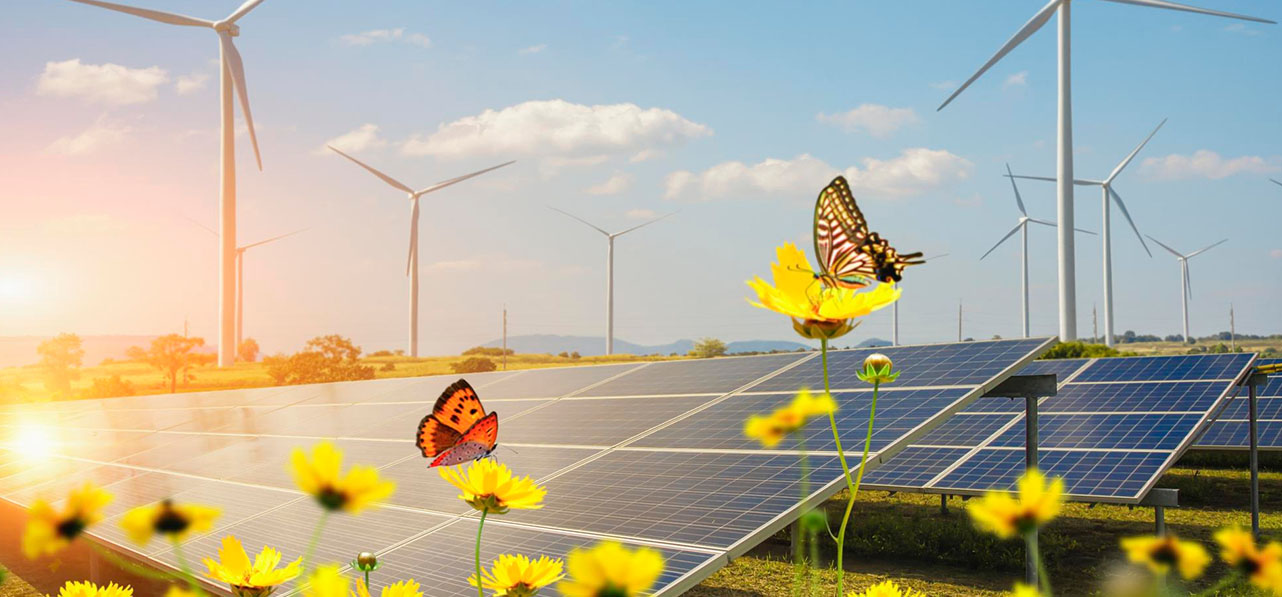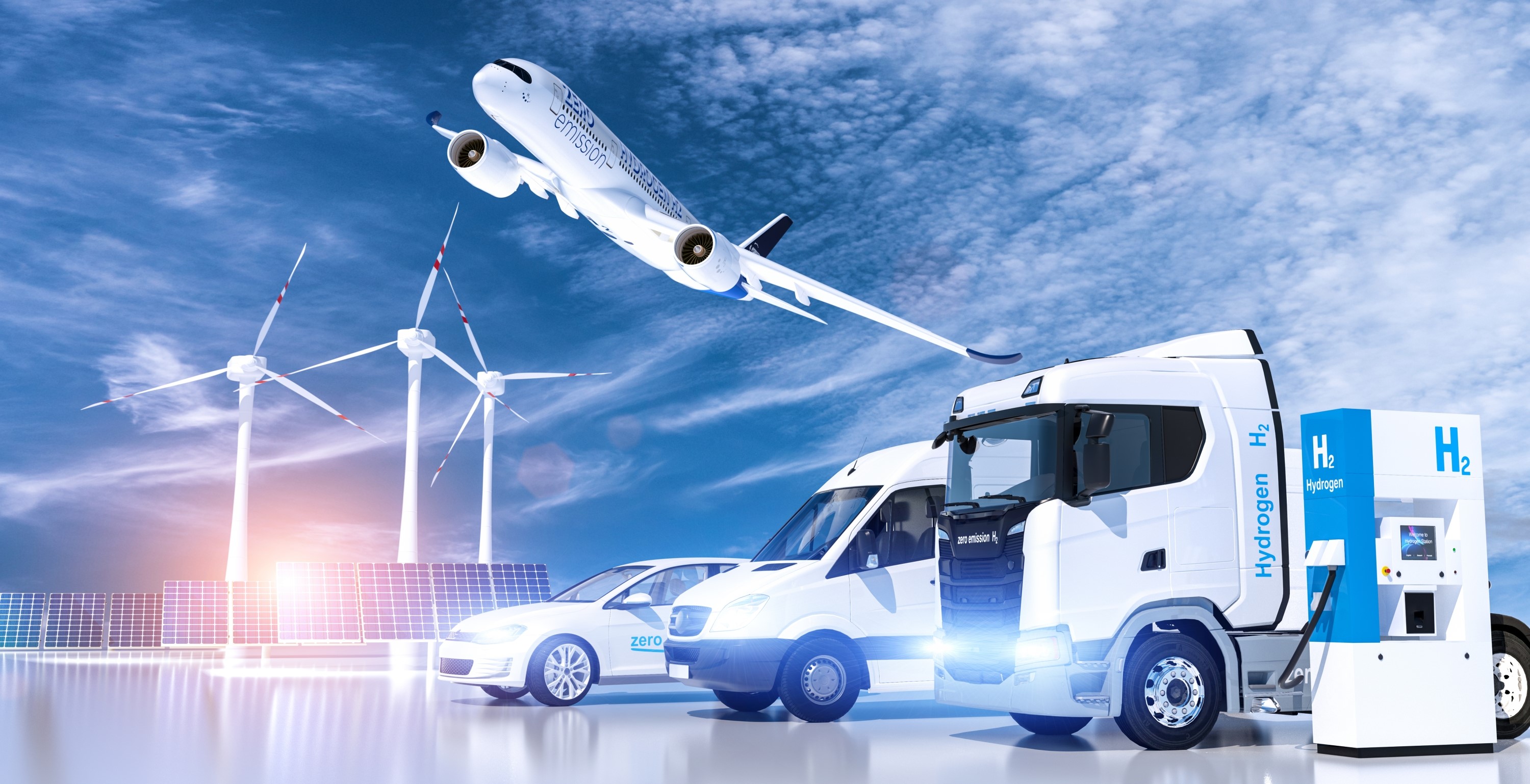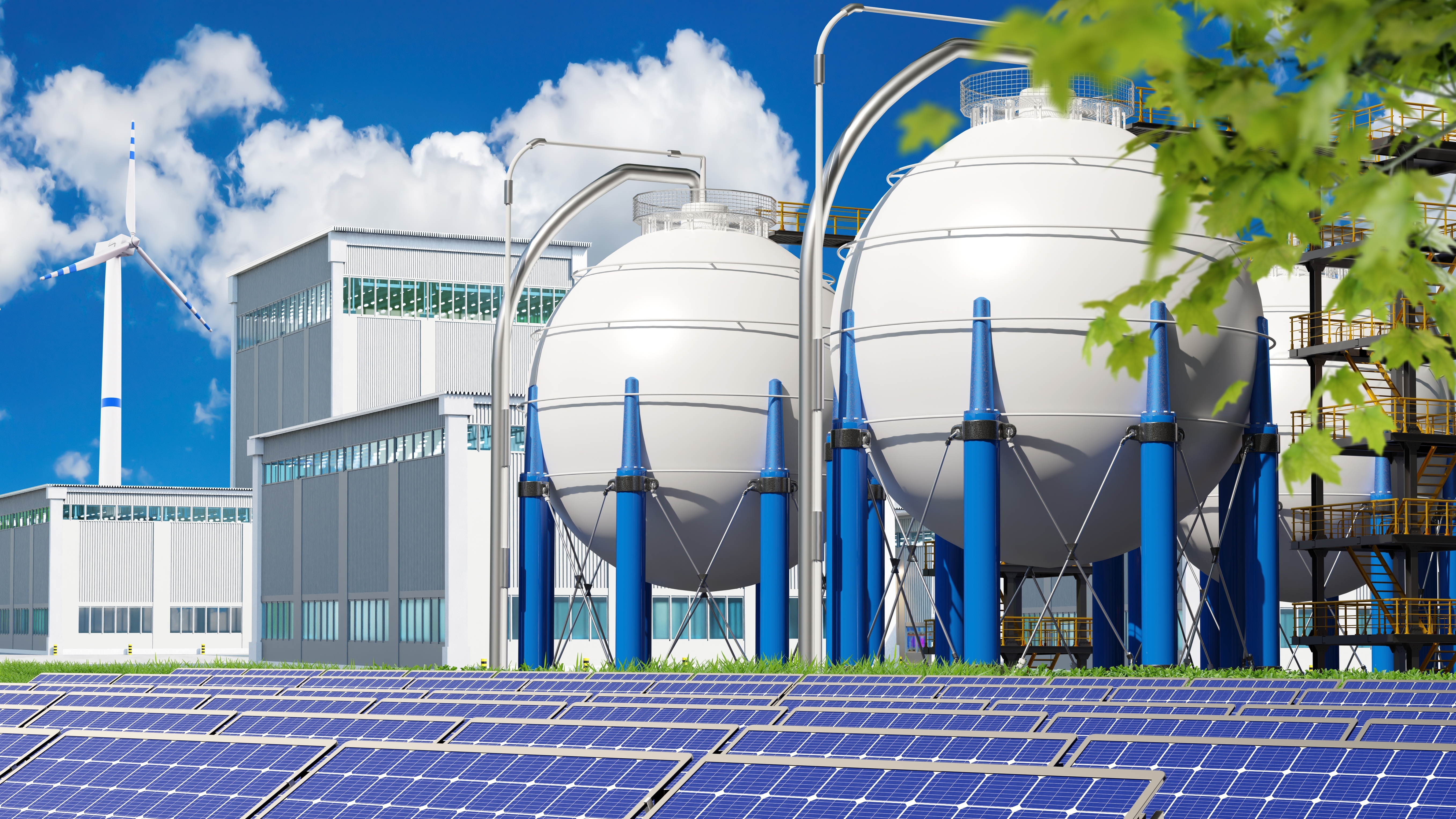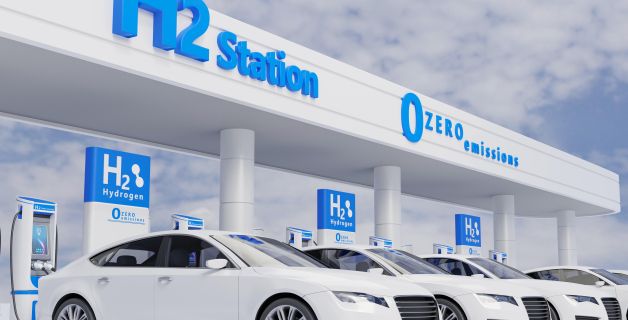Featured Articles
2022-06-24
Most countries to produce green hydrogen conditionally
 Green hydrogen is when the energy used to power electrolysis comes from renewable sources.
Green hydrogen is when the energy used to power electrolysis comes from renewable sources.Among EU countries, however, not all countries embrace nuclear power. The main force to include nuclear power in the list of green energy is France, which can fully grasp nuclear energy technology. Central and Eastern European countries such as the Czech Republic also advocate nuclear power as a necessary means of carbon reduction. However, Germany, Austria, Denmark and Spain reject nuclear power. Naturally it will not be considered for hydrogen production for those countries. Germany tends to directly develop green hydrogen, aiming to improve the framework conditions for the efficient use of renewable energy for power generation. The state-led fair pricing of energy prices can enhance the production of "green hydrogen". For example, whether the electricity to produce green hydrogen can be largely exempted from taxes, surcharges and apportionment fees, etc. The UK clearly adopts a dual-track approach to produce green and blue hydrogen. Its offshore wind generates more electricity than any other country, effectively reducing electricity sector emissions by more than 70 percent between 1990 and 2019. Offshore wind capacity is expected to quadruple by 2030, and new large-scale nuclear power is pursued while investing in small-scale nuclear technology. The aforementioned low-carbon electricity will be the primary method for decarbonizing many energy systems and will support the electrolytic production of hydrogen. The UK plans to reach 20-35% of the final energy consumption of hydrogen by 2050.
Under the U.S. Department of Energy's initiative of the Regional Hydrogen Hub, the governors of the four Rocky Mountain Region states announced in March 2022 that they will cooperate in the development and production of hydrogen fuel, with goals that will include economic development and the development of the latest science, research and technology to produce, transport and use clean, cost-effective hydrogen energy for cars, trucks and trains. All four states are important natural gas producers in the United States and may therefore be used to produce hydrogen.
China is currently the world's largest producer of hydrogen energy, most of which are produced using fossil fuels. Although there are plans to use renewable energy for production, it is estimated that the proportion will be only about 1% in 2025. South Korea is currently planning to focus on by-products produced by petrochemical plants and hydrogen fuel extracted from natural gas as the basis for entering a hydrogen economy and society. In the future, green hydrogen will be produced by cooperating with foreign companies to produce hydrogen.
References
- Department for Business, Energy & Industrial Strategy, United Kingdom, 2021-08-17, Policy paper: UK hydrogen strategy
- Federal Ministry for Economic Affairs and Climate Action Germany, 2020-06-10, The Natural Hydrogen Strategy
- C enter for Strategic and International Studies, 2022-03-28, Jane Nakano, China Unveils its First Long-Term Hydrogen Plan
- 2021-10-12, Macron pushes nuclear, hydrogen power in €30 billion plan to reverse industrial decline
- Nature Gas Intelligence, 2022-03-08, Morgan Evans, Four Rocky Mountain States Proposing Regional Hydrogen Hub
- Ministry of Economy, Trade and Industry, Japan, 2019-09-18, Strategy for Developing Hydrogen and Fuel-Cell Technologies Formulated



